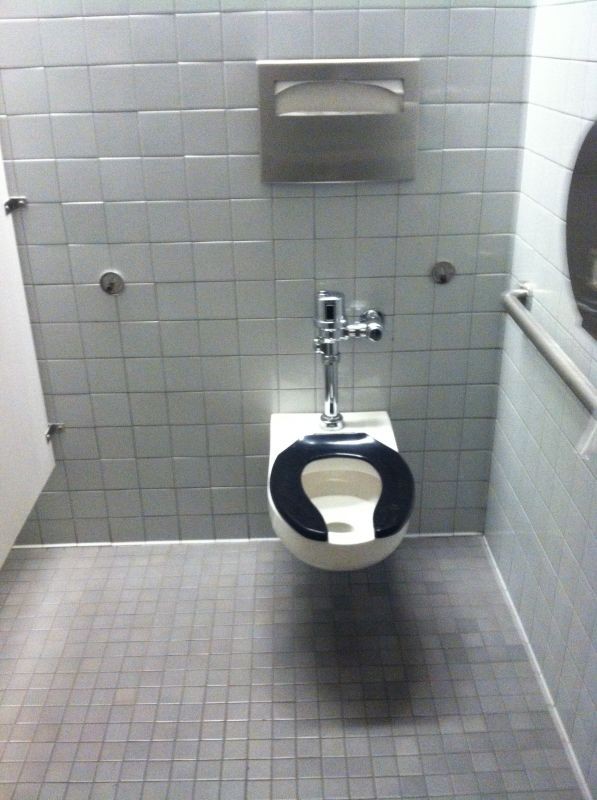Planning to return to work from your maternity leave can create a lot of anxiety but planning where you will pump should not contribute to that worry. The Affordable Care Act changed part of the rules for the Fair Labor Standards Act and requires employers to give employees “reasonable break time for an employee to express breast milk for her nursing child for one year after the child’s birth each time such employee has need to express the milk.”
Talk with your supervisor while you are away and share some of these points with him or her:
Employees who are covered by FLSA (Fair Labor Standards Act) and are not exempt from section 7 (which is a specific section that outlines overtime concerns) are allowed to take breaks to express milk. The Labor Department encourages all employers to support breastfeeding mothers, regardless of their work status, but this is not law.
This federal law does not pre-empt state laws concerning break times for nursing mothers. This law may not apply to employers who have fewer than 50 employees and can show that meeting this need would cause undue hardship on the company. In those cases, a state law may apply which could give the employee additional protection.
Employers need to allow a reasonable amount of break time for the nursing mother to express milk as frequently as needed by the nursing mother. This need will typically vary among women and consideration should be given as such.
All business types must follow this law. If you are a waitress, this law protects you when your employer says there's no one available to watch your table. If you are utility meter reader and would need to take extra time to perform your duties because you need to pump, this law protects you.
Employers are required to provide a reasonable space protected from view of others and private from both the public and from other employees. It does not need to be a permanent space, and this is important. If your boss tells you that his or her office is available to you for pumping in, this would meet the law's requirement.
The space provided cannot be a restroom. The law specifically states this - do not let your employer feel this is an adequate solution.
Feel free to share these guidelines with your employer. For additional information, please visit momspumphere.com.
Does the nursing mothers break time provision apply to small businesses?
ANSWER: All employers covered by the FLSA, regardless of the size of their business, are required to comply with this provision. However, employers with fewer than 50 employees are not subject to the FLSA break time requirement if the employer can demonstrate that compliance with the provision would impose an undue hardship. Whether compliance would be an undue hardship is determined by looking at the difficulty or expense of compliance for a specific employer in comparison to the size, financial resources, nature, or structure of the employer’s business.
For purpose of the undue hardship exemption, how will the Department determine whether an employer has fewer than 50 employees?
ANSWER: All employees who work for the covered employer, regardless of work site, are counted. Consistent with the FLSA definition of employee, “any individual employed by an employer” must be counted, including full-time employees, part-time employees, and any other individuals who meet the FLSA definition of employee found at 29 U.S.C. 203(e)(1).
Does the break time have to be paid break time?
ANSWER: Employers are not required under the FLSA to compensate nursing mothers for breaks taken for the purpose of expressing milk. However, where employers already provide compensated breaks, an employee who uses that break time to express milk must be compensated in the same way that other employees are compensated for break time. In addition, the FLSA’s general requirement that the employee must be completely relieved from duty or else the time must be compensated as work time applies. See Wage and Hour Division Fact Sheet #22, Hours Worked under the FLSA.
Do employers need to create a permanent, dedicated space for use by nursing mother employees?
ANSWER: No. A space temporarily created or converted into a space for expressing milk or made available when needed by the nursing mother is sufficient provided that the space is shielded from view, and free from any intrusion from co-workers and the public. The location provided must be functional as a space for expressing breast milk. If the space is not dedicated to the nursing mothers’ use, it must be available when needed in order to meet the statutory requirement. Of course, employers may choose to create permanent, dedicated space if they determine that is the best way to meet their obligations under the law.
Do employers have to provide a lactation space even if they don’t have any nursing mother employees?
ANSWER: No. The statute requires employers to provide a space for a nursing employee “each time such employee has need to express the milk.” If there is no employee with a need to express breast milk, then the employer would not have an obligation to provide a space.
If the only space available at a work site is a bathroom, can employers require employees to express breast milk there?
ANSWER: No. The statute specifically states that the space provided for employees to express breast milk cannot be a bathroom.


